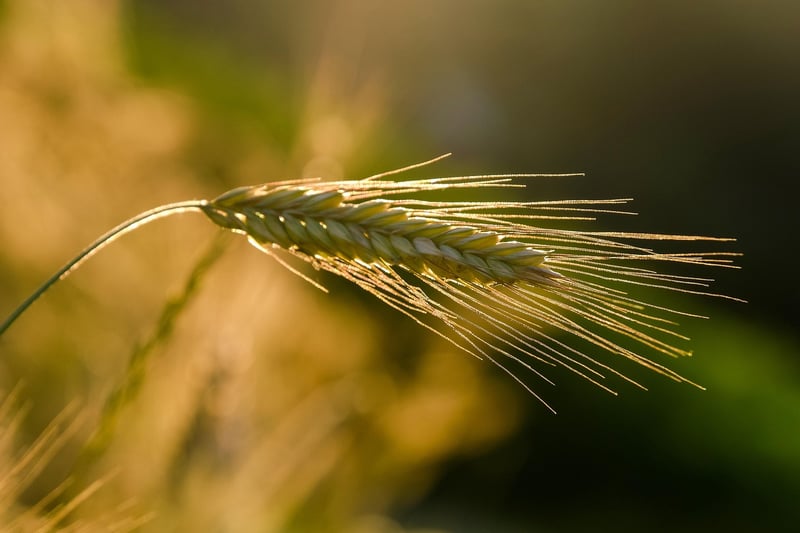Pest Control
Keeping Your Garden Healthy: Pest Control Tips
Welcome to our guide on maintaining a healthy garden through effective pest control practices. A well-tended garden not only enhances the beauty of your home but also provides a serene space for relaxation. However, pests can quickly turn your lush garden into a battleground. By following these tips, you can keep your garden flourishing and pest-free.
1. Identify the Pests
The first step in pest control is identifying the culprits. Keep an eye out for common garden pests such as aphids, snails, slugs, and caterpillars. Understanding the types of pests in your garden will help you choose the most effective control methods.
2. Natural Predators
Encourage natural predators like ladybugs, lacewings, and birds to visit your garden. These beneficial insects feed on pests and help keep their populations in check. Planting flowers like marigolds and lavender can attract these helpful predators.
3. Companion Planting
Some plants can repel pests and protect your garden. Consider companion planting by placing pest-repelling plants such as garlic, chives, or mint alongside your vulnerable crops. This natural method can deter pests without the need for harsh chemicals.
4. Neem Oil Spray
Neem oil is a natural insecticide that can effectively control a wide range of garden pests. Mix neem oil with water and a mild soap, then spray it on your plants to deter pests like aphids, mites, and beetles. It's safe for most plants and won't harm beneficial insects.
5. Diatomaceous Earth
Diatomaceous earth is a natural and non-toxic powder made from fossilized algae. Sprinkle it around the base of your plants to create a barrier that deters pests like slugs, snails, and ants. Reapply after rain or watering for best results.
6. Regular Maintenance
Keep your garden tidy by removing weeds, fallen leaves, and debris where pests can hide. Regularly inspect your plants for signs of pest damage and take action promptly to prevent infestations from spreading.
7. Organic Sprays
If natural methods alone are not sufficient, consider using organic sprays as a last resort. Products containing ingredients like pyrethrin or insecticidal soap can help control stubborn pests while minimizing harm to beneficial insects and the environment.
Conclusion
By implementing these pest control tips and maintaining a vigilant eye on your garden, you can effectively manage pests while keeping your plants healthy and thriving. Remember that a healthy garden is a diverse ecosystem where pests have natural predators, and chemical control should be a last resort.

For more information on pest control and gardening tips, check out Royal Horticultural Society.
